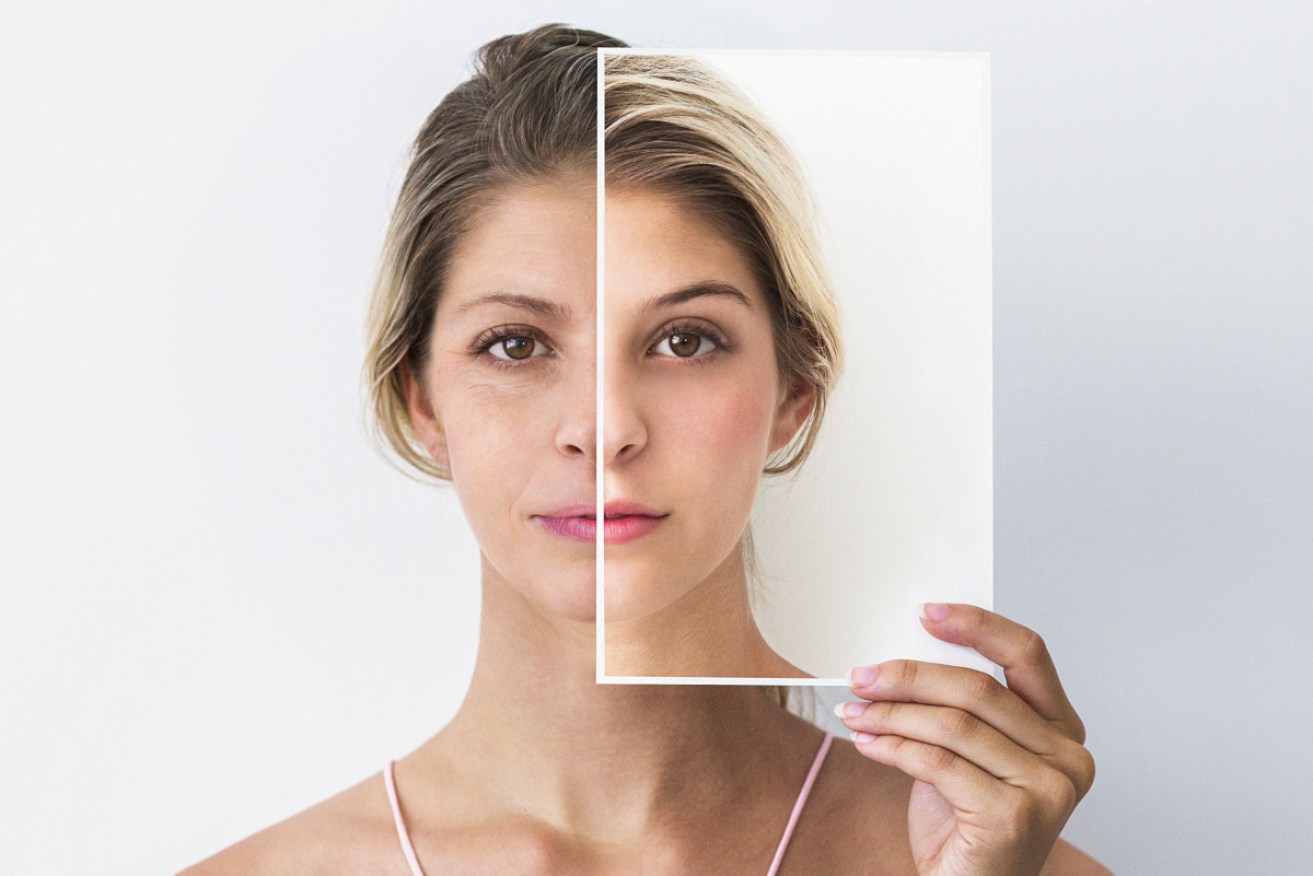AI measures facelift success: Patients are more optimistic than computers


Before and after? Patients are more convinced of a facelift's success than computers. Photo: Getty
You may have read that artificial intelligence can successfully diagnose skin cancers.
It’s a story that has been chugging along since 2017, which was also the year that computers learned how to predict heart failure.
Just about every week, a robot learns how to recognise a different kind of cancer or disease.
The latest development is especially brutal.
AI can now recognise, apparently with 100 per cent success, how old you are – and how much younger you look after having a facelift.
This means, according to a new study, that a robot can honesty tell you, in years gained, how successful your plastic surgery has been.
“Our study shows that currently available AI algorithms can recognise the success of facelifting, and even put a number on the reduction in years of perceived age,” said senior author Dr James P. Bradley in a prepared statement.
According to the paper’s author information, the team of researchers are from “the Division of Plastic and Reconstructive Surgery, Zucker School of Medicine at Hofstra/Northwell; and Microsoft Corp”.
Dr James P. Bradley is vice chairman of surgery.
How does AI do it?
The tool at work here is AI ‘deep learning’ – a layered and complex system of algorithms, which you can think of as problem solvers.
Because ‘deep learning’ analyses a problem from many different angles, it teaches itself how to improve its performance of tasks, such as diagnosing disease or old age.
In the study, the researchers used four different, publicly available programs – called convolutional neural networks – that process images.
The four programs were trained to identify the age of people, in photographs, based on facial features.
Millions of photographs obtained off the internet were uploaded on to these programs, where they were organised into age groups based on the sag and decay of their once-youthful features.

Facelift patients and artificial intelligence are in disagreement. Image: Bradley et. al.
“By training on datasets containing millions of public images, these neural networks can learn to discern facial features with much higher ‘experience’ than a typical person,” Dr Bradley said.
Indeed, all four programs successfully determined the age of 50 study participants – who were all women undergoing facelift surgery, with an average age of 58.7 years.
“The AI algorithms used in the study were 100 per cent accurate in identifying the patients’ age, based on ‘before’ photos,” the researchers said.
The algorithms then analysed images that were taken at least one year after surgery.
In the ‘after’ photos, the neural networks “recognised a 4.3-year reduction in age after facelift surgery”.
So that’s what your money buys.
The punchline
Artificial intelligence doesn’t get the last word.
The women in the study had their own ideas about how they looked, and how far back in time they had travelled.
On average, the patients saw a 6.7-year reduction in the photographs – more than two extra years than the technology afforded them.
“Patients may tend to overestimate how much younger they look after facelift surgery, perhaps reflecting their emotional and financial investment in the procedure,” Dr Bradley noted.
To which we say: Duh!








